Push to end Newcastle lockout laws prompts fierce debate
Eleven years on from when 14 hotels across Newcastle were hit with strict liquor licensing conditions, talk has got tongues wagging about possible changes to the current lockout laws.
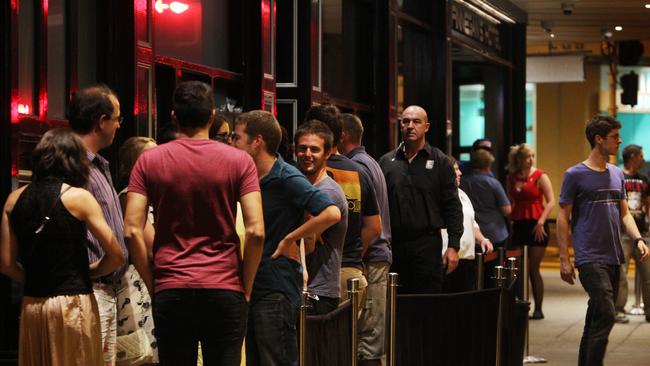
Newcastle
Don't miss out on the headlines from Newcastle. Followed categories will be added to My News.
The impassioned debate over whether Newcastle should relax its lockout laws has kicked back into gear, with those in the local pub industry and community advocates going head-to-head on the issue.
It’s 11 years since 14 hotels across Newcastle were hit with strict liquor licensing conditions, and a sniff of a possible change has again set tongues wagging.
In a recent NSW Parliamentary committee report examining Sydney's night-time economy, the last recommendation made stated that if Sydney’s lockout reforms were successful, the NSW Government should also consider reviewing Newcastle's licensing conditions, in a bid to rejuvenate the night-time economy.
Currently Newcastle’s legislation comes under the Independent Liquor and Gaming Authority (ILGA) and any changes would need to be go back to the decision maker.
The Authority has stated they have no plans for a review or to make any changes, but will continue to monitor the ongoing effectiveness of conditions to ensure they support the need for public safety with the balanced development of industry and the night-time economy.
Evidence based community advocate for alcohol harm prevention and PHD scholar University Newcastle Tony Brown has absolutely rubbished the thought of going back to the ‘grubby’ old days.

He attacked the report as ‘potentially deadly’, saying the evidence is clear: the lockout laws introduced into the city have saved lives and led the way in developing a vibrant and safe night-time economy.
“The report lacks objectivity, impartiality and rigour, and it’s most unfortunate that even the terms of reference for the inquiry were totally unrelated to Newcastle at all,” he said.
“The evidence is crystal clear how successful Newcastle and Brisbane have been and since these laws came in, there’s been a 72 per cent reduction in weekend night assaults, simultaneously with a 110 per cent increase in the number of smaller bars and licensed premises in our CBD.
“The Newcastle entertainment district has benefited because it is safer and people are bringing their families and kids back into the town.
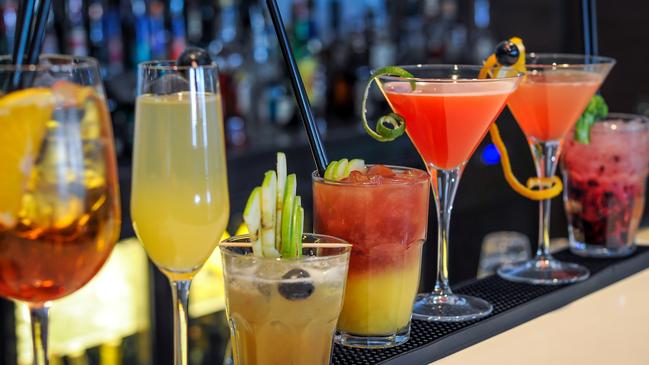
“It’s utter bulls**t to say the city isn’t vibrant, the facts don’t support their hysteria. It’s appalling and embarrassing they’re coming up with this inherent nonsense.
“It’s all about money, it’s all about greed and it’s all about political patronage.”
Some local hoteliers on the other hand are adamant the lockout laws have affected the overall image of Newcastle.
The Grand Hotel has been the only hotel that has continued to operate since the 2008 inception of restrictions.
Its owner, Mike Angus said the Sydney report contains a range of common sense recommendations and believes it’s time to rid Newcastle of the stigma that the city has a problem and “requires a solution”.
“The lockout laws have affected the entire night-time economy, even small bars and restaurants are struggling,” Mr Angus said.
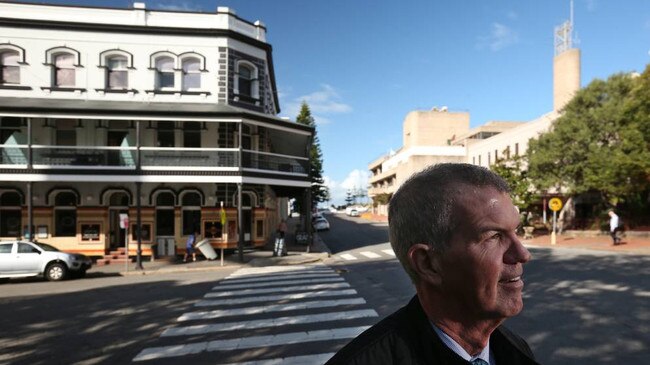
“Reserve Wine bar has closed, Le Passe Temps bar has closed, Flying Tiger has closed, Bacchus has closed, The Civic Hotel has closed, the CBD Hotel has closed.
“Since 2008 nearly all of the inner city hotels have either gone into receivership or have changed hands and I have had to reinvent the hotel and focus more towards food and accommodation.
“Newcastle was euthanised by regulation over a decade ago and now it’s time to review the impact and create a balanced, sustainable, vibrant night-life along with protecting public amenity.”
Mr Angus noted that in 2010 local incidents of assaults on licensed premises actually began to increase and in 2011 hoteliers took the initiative to create the Newcastle Entertainment Precinct which included implementation of the ‘barred from one... barred from all’ rule.
“We are experiencing an unprecedented tourism boost, hosting world class sporting events and the lockout laws will continue to damage our cities reputation,” he said.
After a review last year, only minor changes were made to Newcastle’s 2008 lockout laws which included: To revoke the condition required for a shared radio network at venues; supervision of alcohol service and consumption after 11pm; relaxing of some drink restrictions and notifications of conditions to staff.
What stayed was: The sale and supply of alcohol to continue cessation 30 minutes prior to closing; no shots, slammers, cocktails or mixed drinks more than 30mls after 10pm to be served; no RTD drinks with an alcohol volume greater than five per cent and the continued 1am/1.30am lockout times.
Australia Hotels Association Newcastle Hunter president and owner of The Junction Hotel, Rolly DeWith said people are being punished now for what others did back in the day.
“This misinformation that again is being put out that the city is vibrant is inaccurate,” he said.
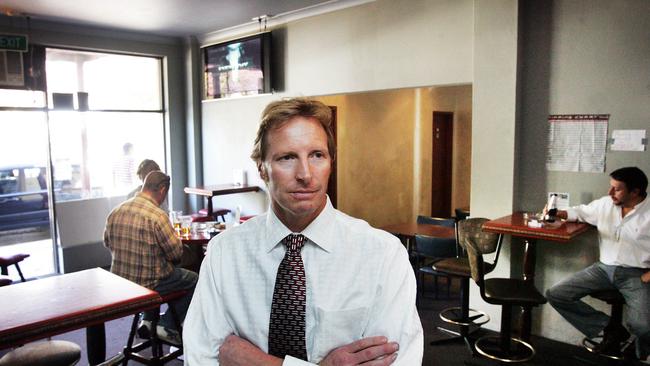
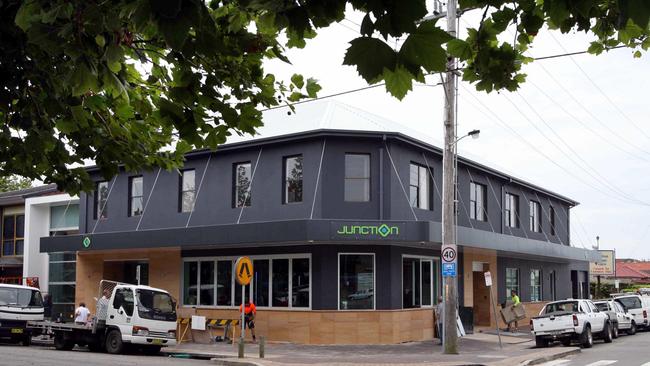
“That has been put out by somebody that does not obviously go out at night, that does not see what is actually going on. I don’t think the lockouts are achieving the right result, it’s too confusing.
He said it’s not about individual businesses, nor about industry - it’s about tourism, visitation, employment and reputation of the city.
“There’s not enough diversity in Newcastle night life and attitudes need to change and amendments need to be made.
“The industry has evolved in the last decade, it is completely different, the community’s attitude towards alcohol has changed.
“We also didn’t have Uber back then, we didn’t have the transport options that we have now and we didn’t have a University or residents in the city, so there’s passive security, it’s changed enormously and now it’s time the regulation changed.
“You can’t even go down to Customs House and have a Espresso Martini after 10pm and they’re not for rapid consumption.”
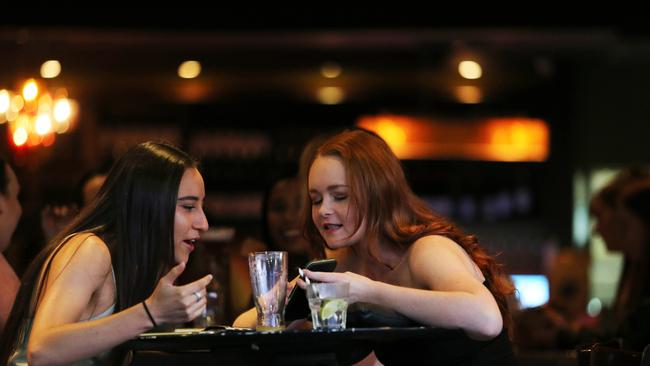
But not all local hoteliers feel the same way, in-fact Stephen Hunt from Hunt hospitality group, who owns pubs such as The Kent and Duke of Wellington, and is a member of the Hamilton Newcastle liquor accord, feels the lockout laws have worked for the community.
“In Newcastle the lockout laws have been great at decreasing issues on the street, because people have to be in venues at a certain time, there are less people wandering on the street and when they are out of the venue, they have to go home,” he said.
“Newcastle did take a little while to adjust to the lockout laws but I think there’s probably a lot of thriving venues at the moment.
“I think the general community are used to it and I don’t see the physical lockout beg too much of an issue.
“Everyone’s attitudes have changed, the police are working with the venues and the liquor and gaming are working with the venues, the council are trying to be proactive. Newcastle is growing as a city and in it’s vibrancy.”
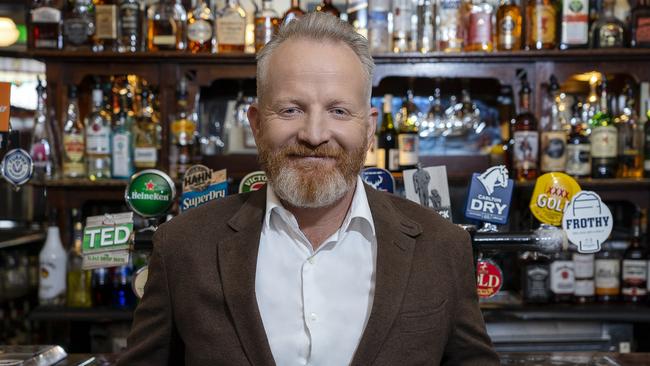
Despite his difference of opinion to fellow hoteliers in the area, Mr Hunt does like the look of some of the recommendation made in Sydney’s report and would be happy to see them come into play here.
“In terms of restrictions for drinks inside venues, I think the pubs are so well run now, the police are quick to identify rogue operators and there should be a relaxing on some of the drinks served. For instance, people drinking cocktails at a certain hour should be allowed to happen more,” Mr Hunt added.
“But I don’t think shots should be allowed again because they’re a sure-fire way for people to get intoxicated quickly.”
In January 2018 Newcastle Council unanimously supported a submission for a more evidence-based approach to lock out times for licensed venues in the CBD.
“These venues with a proven record of consistent exemplary behaviour could be exempt from some licensing conditions under City of Newcastle's recommendations to the NSW Government's review of liquor licence conditions,” Lord Mayor Nuatali Nelmes said.
“The submission supported a consistent 1.30am lockout and 3.30am shutdown for all premises, except those designated as low impact.
“Our night-time economy is the sixth largest in Australia and now worth $1.4 billion a year and employs more than 12,000 people.
“This is about achieving a balance between controlling alcohol-related incidents and stimulating the kind of city life after-dark that attracts broader participation and investment in Newcastle.”
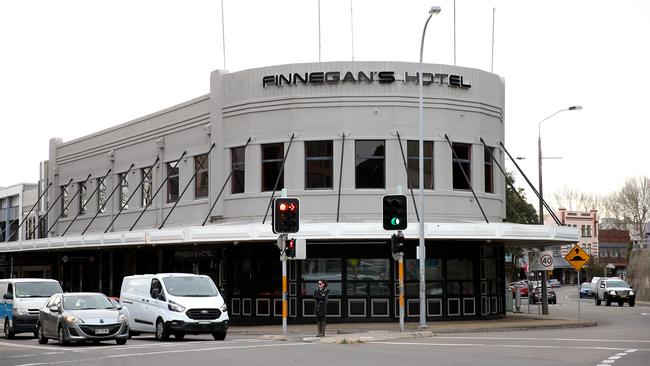
THE STATS
According the Bureau of Crime Statistics and Research, alcohol related assaults in Newcastle have dropped dramatically since the start of the lockout laws in 2008. In 2008, there were 1143 incidents at 54.6 per cent, it dropped to 1017 in 2009 but jumped slightly in 2010 at 1041 incidents.
Apart from two increases in the statistics both in 2016 and 2018, alcohol related assaults dropped most years with the lowest in 2017, at just 642 incidents.
In the report by the Council of Capital City Lord Mayors, it stated Newcastle had the eighth largest drink sub-sector of the 88 LGA’s analysed.
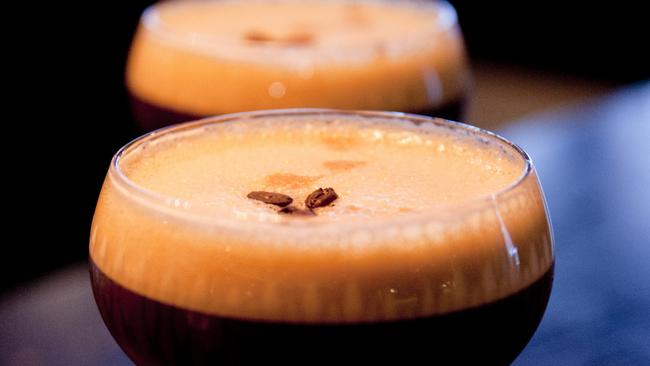
It found Newcastle has a higher than average concentration of drink establishments (14%) compared to NSW (8%) and Australia (8%) driven by pubs, taverns, and bars rather than liquor retailing.
It also showed Newcastle’s core night-time economy represents an above average proportion of its total economy compared to that of NSW and Australia.
Meanwhile in Sydney’s joint committee report, it noted research concerning the reduction in consumption of alcohol per capita.
IN OTHER NEWS

The National Drug Strategy Household Survey conducted by the Australian Institute of Health and Welfare found that over the last 10 to 15 years, there have been significant declines in people drinking at risky levels.
This includes per capita, alcohol consumption at a 50-year low, sharp declines of drinking among 18-24 year olds, and most Australians are drinking less frequently on a daily and weekly basis, or deciding not to drink at all.


